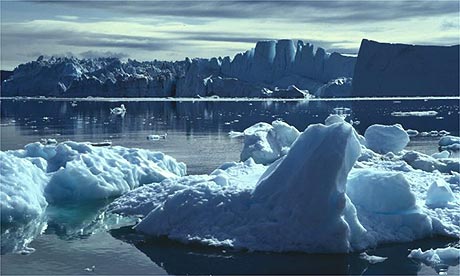 September 17 2008 Securing the country's supply of electricity is more important than tackling climate change, a new report from energy analysts has claimed.
September 17 2008 Securing the country's supply of electricity is more important than tackling climate change, a new report from energy analysts has claimed. It warned that the UK's economy could be wrecked if there was no action to plug the energy shortfall predicted for the next decade, with businesses going bust and hundreds of thousands of people losing their jobs.
But the report, led by Ian Fells, emeritus professor at the University of Newcastle and a veteran energy policy analyst, has been dismissed as "naive" by Greenpeace, and "overstated" by the energy secretary John Hutton. Environmentalists argued that the report's recommendation for new coal-fired power stations went against the advice of scientists and that the rest of the world was forging ahead with renewables.
The report said the government had to consider extending the lifespan of the UK's ageing coal and nuclear power stations to meet the impending shortage. Otherwise, Fells warned, the UK would be be hit by repeated power cuts that would shut down public transport, reduce hospital services and cause chaos in supermarkets and offices. "Electricity is the life blood of civilisation. Without it we spiral down into anarchy and chaos. More >>>
[Only through the use of carbon capture and storage / sequestration could we continue using coal fired power plants. Ed]


